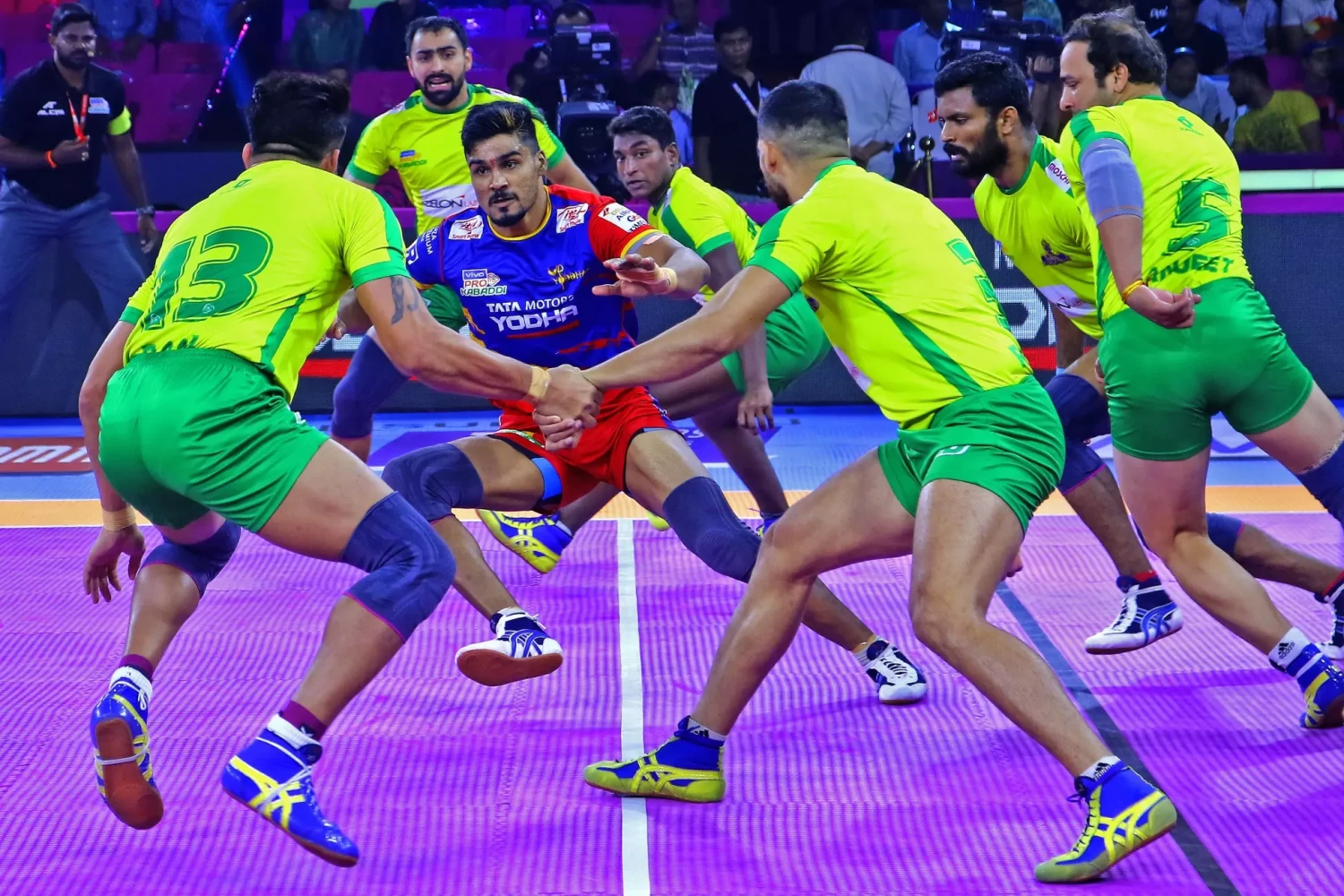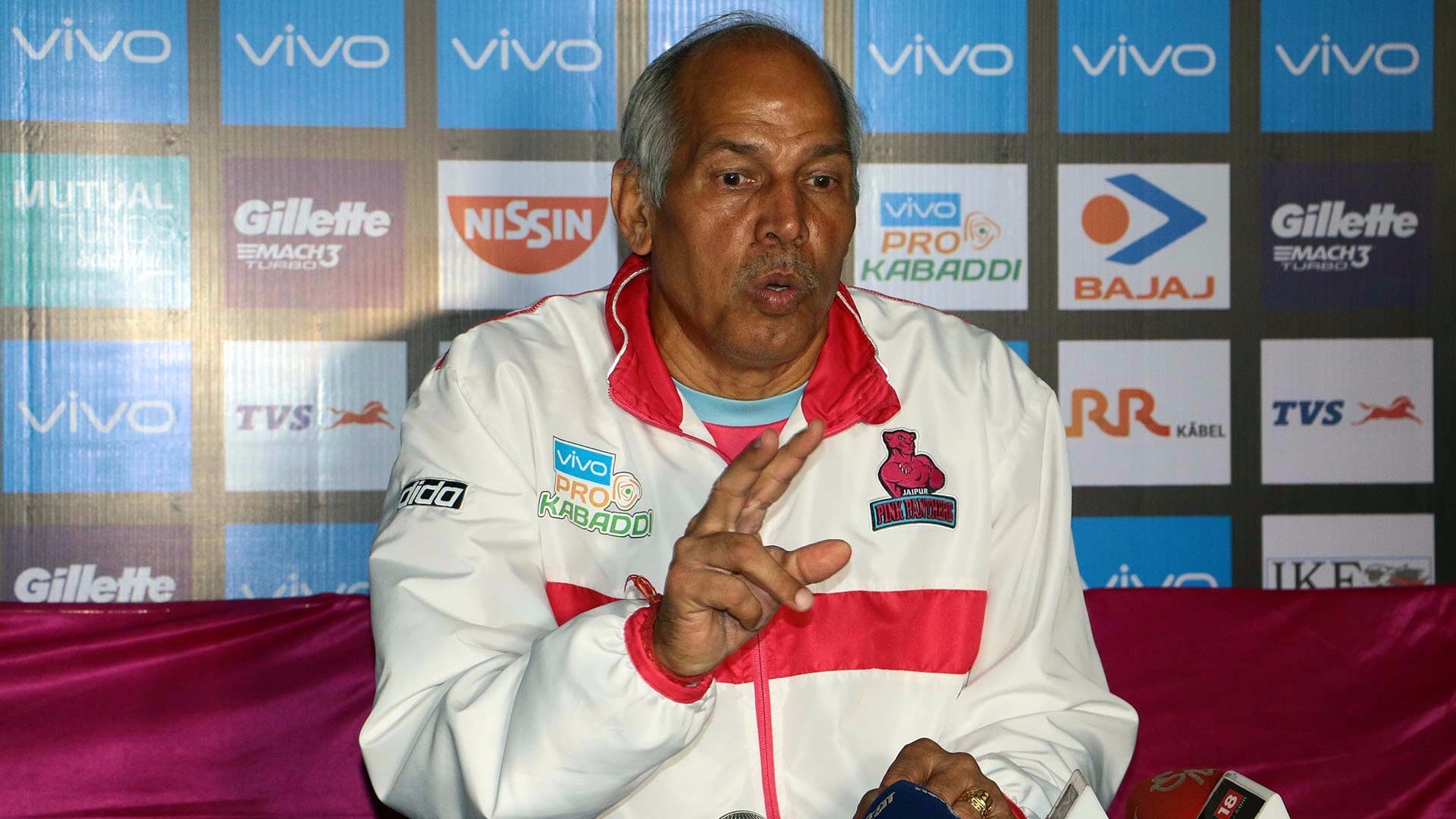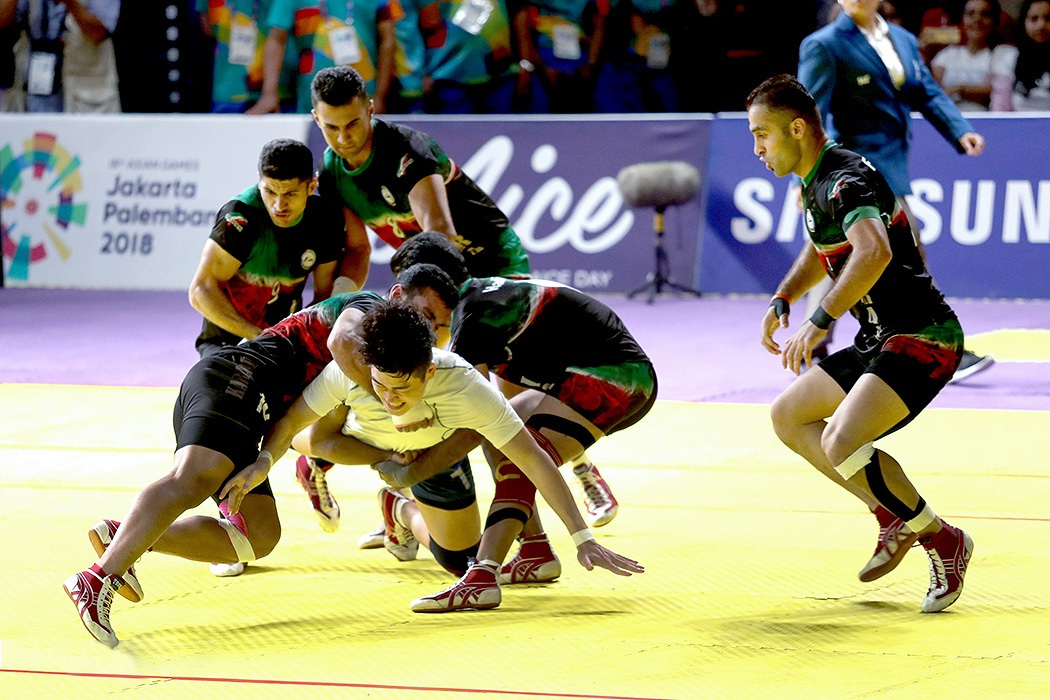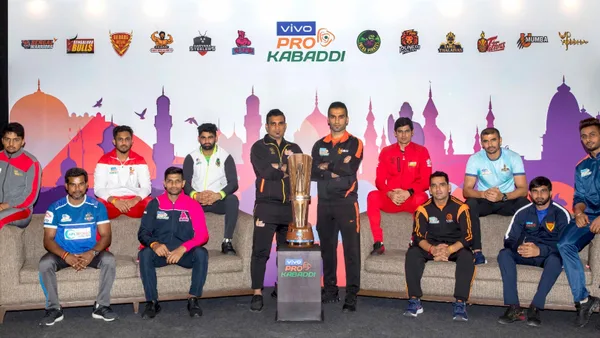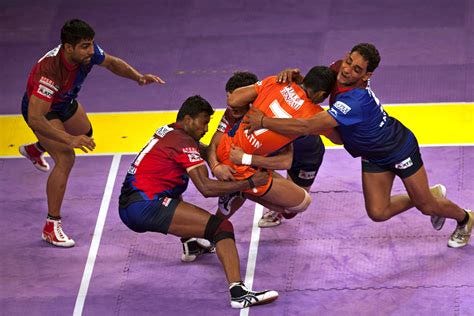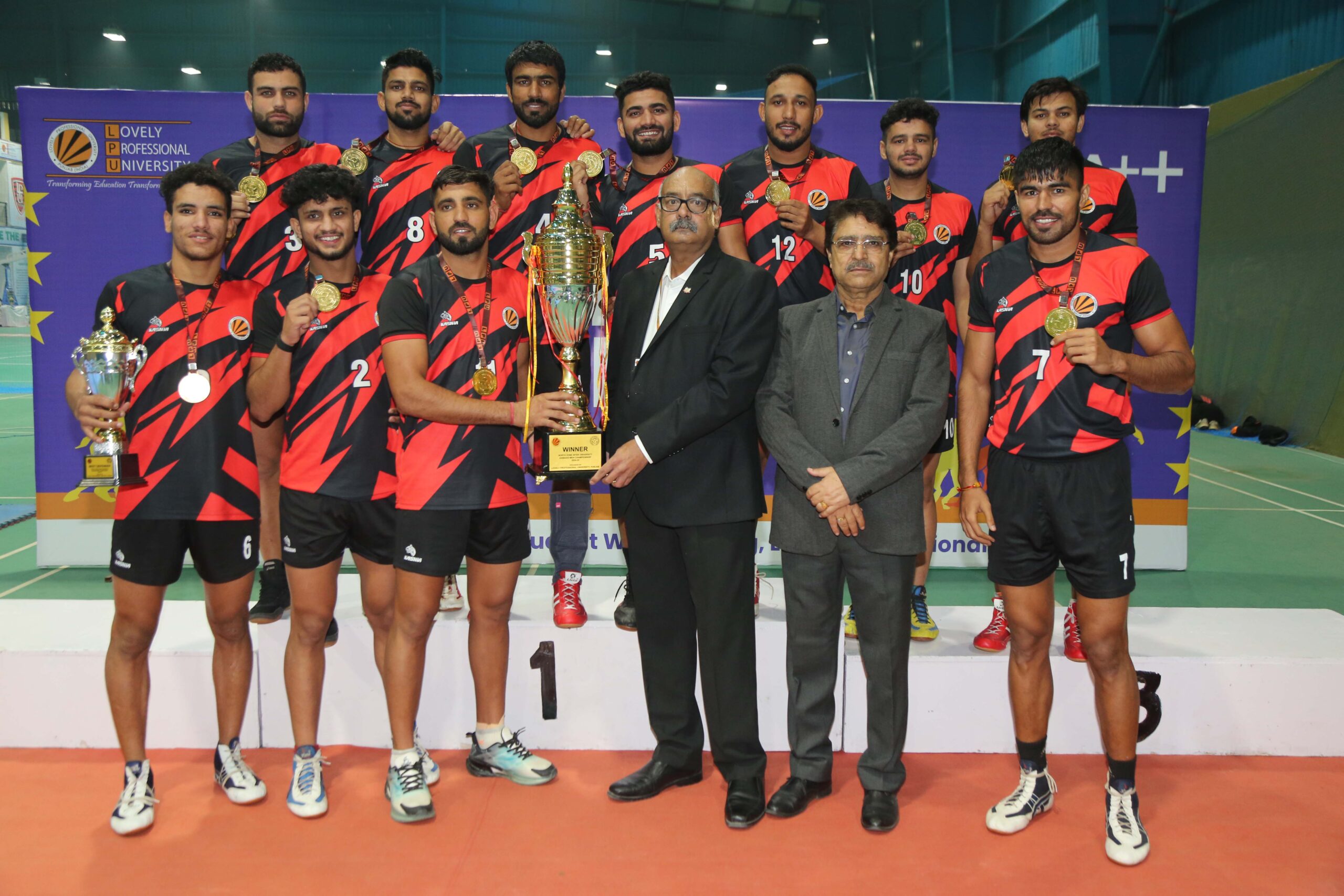Kabaddi is more than just a sport; it is a vehicle for community building and social cohesion. Played in villages, towns, and cities across India and South Asia, Kabaddi fosters connections between individuals, strengthens local ties, and brings people together through a shared passion for the game. This article explores the role of Kabaddi in community building and how the sport’s inclusive nature helps unite diverse groups of people.
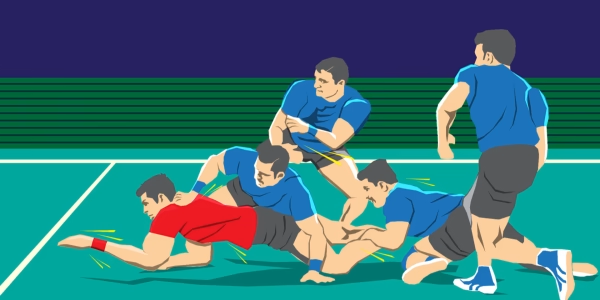
- The Roots of Kabaddi: A Community-Oriented Sport
Kabaddi has its origins in rural India, where it was often played in villages and local communities. The game was a way for people to come together and engage in friendly competition. Unlike many other sports that rely on extensive infrastructure, Kabaddi can be played on any open space, making it accessible to people from all walks of life.
The Community Impact of Kabaddi:
- Inclusive Nature: Kabaddi’s simplicity and minimal equipment requirements make it accessible to a wide range of people, from different socio-economic backgrounds. This inclusivity allows individuals to form strong connections within their communities, as they come together to play, support, and cheer for their teams.
- Building Social Cohesion: Kabaddi’s community-based nature helps break down social barriers. It encourages collaboration, teamwork, and mutual respect, all of which contribute to stronger social bonds.
- Strengthening Local Identity: Kabaddi tournaments and events often become the highlight of local festivals, further cementing the sport’s importance in shaping local identity. These events foster pride and unity, as communities gather to support their teams and celebrate their culture.
Advanced Tips for Kabaddi Players:
- Embrace the Community Spirit: Kabaddi’s strong community aspect can be used to create lasting bonds between players and fans. Players should take pride in representing their local community and contribute to building its spirit both on and off the field.
- Promote Teamwork and Collaboration: Kabaddi teaches valuable life lessons in teamwork, which are essential for building a cohesive community. Players should prioritize working together to strengthen their connections with their teammates and local supporters.
- Kabaddi as a Social Connector: Bridging Communities
Kabaddi’s ability to bring people from diverse backgrounds together is one of its strongest features. Whether in rural villages or urban centers, the sport transcends language, culture, and age to unite people through the love of the game.
How Kabaddi Connects Different Communities:
- Cross-Cultural Exchange: Kabaddi has spread beyond India to other countries like Iran, South Korea, and Japan, introducing its values of teamwork and mutual respect to people from different cultures. These international tournaments serve as platforms for cultural exchange, where players, coaches, and fans share ideas and build connections.
- Inclusive for All Ages: Kabaddi is a sport that can be played by people of all ages. Young children and adults alike participate in local tournaments, making the sport a bonding experience across generations. This intergenerational aspect of Kabaddi strengthens community ties and creates an environment where people from different age groups can interact and share experiences.
- Gender Inclusivity: Kabaddi is also gaining popularity among women, with female players breaking barriers in both rural and urban areas. The emergence of women’s Kabaddi leagues promotes gender equality and demonstrates the sport’s ability to unite people regardless of gender.
Advanced Tips for Kabaddi Coaches:
- Create Inclusive Teams: Coaches can further build community by encouraging diversity within their teams, whether through intergenerational play, fostering cross-cultural interactions, or supporting both male and female players.
- Foster Cultural Awareness: Encourage players to learn about and respect the cultures of their fellow teammates, especially in international tournaments. By embracing diversity, Kabaddi coaches can help players foster greater community ties.
- Kabaddi and Community Development: Empowering Local Leaders
Kabaddi can also play a significant role in community development by empowering local leaders and creating opportunities for individuals to take on leadership roles. Through the sport, players are often given the chance to lead teams, organize events, and promote community engagement.
How Kabaddi Empowers Leaders:
- Building Leadership Skills: Kabaddi encourages leadership both on and off the mat. Captains and senior players are responsible for motivating their teammates, managing strategies, and fostering a positive team environment. This leadership experience can translate into broader community roles, where former players can serve as mentors and role models for younger generations.
- Organizing Local Events: Many Kabaddi tournaments are organized at the local level, and the responsibility of organizing such events fosters a sense of ownership and leadership within the community. These events also bring people together, boosting morale and promoting social engagement.
- Inspiring Social Change: Kabaddi players, particularly from rural areas, are often seen as role models for their communities. By excelling in the sport and serving as leaders, they inspire others to pursue their goals and contribute to the growth of the community.
Advanced Tips for Kabaddi Players:
- Become a Role Model: Players should embrace their roles as leaders within their communities. By setting an example of sportsmanship, discipline, and respect, they can inspire younger players and build stronger social connections.
- Engage in Local Initiatives: Kabaddi players can also use their platform to promote positive change in their communities, whether through organizing events, coaching younger players, or supporting local causes.
- Kabaddi and Its Role in Bridging Rural and Urban Communities
Kabaddi has long been associated with rural India, where it has served as a source of entertainment, exercise, and community engagement. However, with the rise of professional Kabaddi leagues, the sport is bridging the gap between rural and urban communities, fostering greater unity across these diverse areas.
How Kabaddi Connects Rural and Urban Communities:
- Professional Leagues and Grassroots Engagement: The Pro Kabaddi League (PKL) has brought Kabaddi into urban centers while maintaining its strong roots in rural areas. Players from rural backgrounds have the opportunity to showcase their talents on national and international stages, inspiring other rural players to pursue the sport.
- Cultural Exchange Between Rural and Urban Areas: Kabaddi events often bring people from different regions together. This interaction promotes cultural exchange, as players and fans from rural areas interact with those from urban centers, fostering mutual respect and understanding.
Advanced Tips for Kabaddi Coaches:
- Encourage Regional Engagement: Coaches should create opportunities for players from different regions to engage with one another. This could include organizing regional competitions or exchanges between urban and rural Kabaddi teams to promote cultural understanding and unity.
- Support Rural Talent: Coaches can help bridge the gap between rural and urban players by identifying and nurturing rural talent, ensuring that they have equal opportunities to compete at the highest levels.
- The Future of Kabaddi in Community Building
As Kabaddi continues to expand globally, its ability to bring people together will play an increasingly important role in strengthening communities. The sport’s inclusive nature ensures that it can continue to promote social cohesion, empower individuals, and foster strong local and global connections.
What the Future Holds for Kabaddi and Community Building:
- Global Expansion: As Kabaddi spreads to new countries and regions, it will continue to serve as a platform for connecting communities and promoting cross-cultural exchange.
- Continued Focus on Inclusivity: Kabaddi’s future lies in its ability to embrace diversity, whether through gender, age, or cultural backgrounds. By promoting inclusivity, Kabaddi can continue to build stronger, more united communities.
Advanced Tips for Kabaddi Players and Coaches:
- Promote Unity: Players and coaches should work together to foster an inclusive, supportive environment that connects individuals and communities. By prioritizing unity over competition, Kabaddi will continue to bring people together.
- Support Local Initiatives: Engage with local Kabaddi initiatives that aim to promote social change. Whether organizing tournaments, coaching young players, or supporting community projects, players and coaches can make a significant impact through their involvement.
